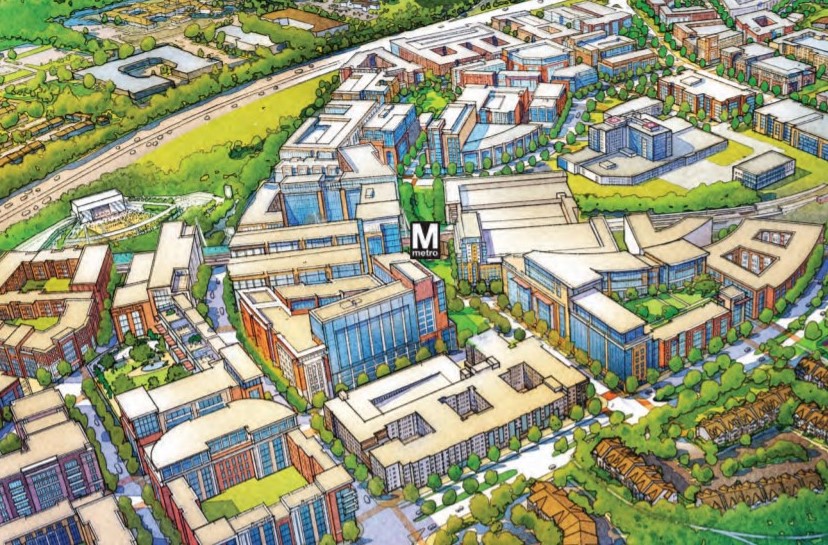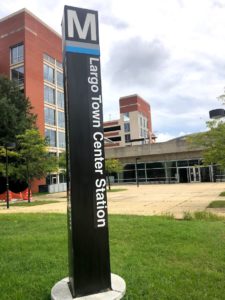The twenty-one undersigned organizations urge you to redevelop the Chevy Chase Library with mixed-income housing. We believe this is an opportunity to model the future of Montgomery County by mixing housing and a public facility in one location near transit, services, amenities, and jobs. This project is key to meeting the county’s goals to achieve racial equity and social justice, and to reduce greenhouse gas emissions from transportation.
Category: Affordable Housing
TESTIMONY to Arlington Board in support of APAH’s Marbella Affordable Housing
We urge you to approve the proposed redevelopment of the Marbella by APAH, one of our region’s premier non-profit affordable housing developers and managers.

TESTIMONY re: Support of ParcView II Affordable Housing
We urge you to approve the ParcView II proposed by Wesley Housing, one of our region’s premier non-profit affordable housing developers and managers.
DC ADU Homeowner Online Workshop with UPO
On January 25, we hosted a workshop with the United Planning Organization (UPO) for DC homeowners about building an accessory dwelling unit (ADU).
RISE Prince George’s Platform 2022
Summary of platform:
Full platform:
RISE Prince George’s Holiday Happy Hour
December 13, 2021, 6-8 pm

Let’s get together (outdoors) to celebrate and look forward to the upcoming election year!
Join us on December 13 from 6:00-8:00 pm to celebrate our year of work together and look to next year — which is an election year! We’ll hear from the new Hyattsville Mayor Kevin “Scooter” Ward and other presenters who can speak to our past, present, and future of creating dynamic gathering spaces (Downtowns), more affordable housing, and innovative transportation for everyone who lives, works, and plays in Prince George’s County.
WHEN: Monday, December 13, 6:00-8:00pm
WHERE: Town Center Market – outdoor patio (with some heaters)
4705 Queensbury Road | Riverdale, MD 20737
Transit Directions: The market is located directly adjacent to the Riverdale MARC Station but is also just a short last-mile connection (walk, bike, or bus) from the Prince George’s Plaza Metro Station
First 30 people get a free drink!

Celebrate a year promoting our agenda of a shared, sustainable prosperity by creating safe, walkable, inclusive and transit-oriented communities.
Learn from community leaders, including Hyattsville Mayor Kevin “Scooter” Ward
Launch the RISE Prince George’s election platform to educate candidates and the public about how to build a better Prince George’s. Learn about how you can be part of winning support from our future elected officials to build a more sustainable, prosperous and inclusive County.
Learn more about RISE Prince George’s here.
Photo: Mayor Kevin “Scooter” Ward, City of Hyattsville, MD
COVID-19 precautions: we encourage everyone to be fully vaccinated. This event is held outside, so bundle up! RISE Prince George’s does not endorse or work on behalf of candidates, or express any view for or against any candidate.

TESTIMONY re: Reversal of BAR Denial of Certificate of Appropriateness for Heritage at Old Town
The Coalition for Smarter Growth reiterates our strong support for the Heritage at Old Town as approved by the City Council under a special use permit and Residential Multifamily Zoning. We face a housing crisis and the Heritage at Old Town is a well-designed development, providing critically needed housing and affordable housing. Our prior testimony is attached.

